One of the “things” about Social Business is a (more) open and flatter organisation. This leads to another “thing”; equality. There are laws against discrimination, but that doesn’t automatically mean there is equality.., especially gender equality.
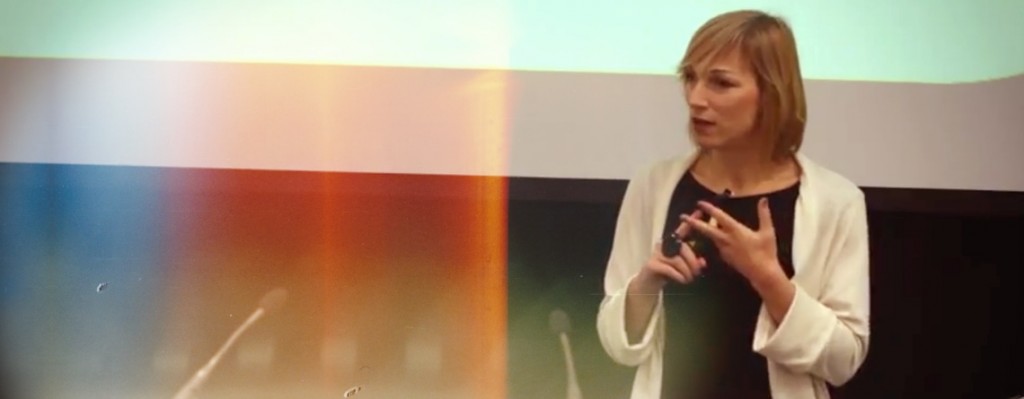 Céline Schillinger noticed one day that something was not quite right with her work environment. She noticed that the people who managed and who got promoted were “all the same, all white, all scientists or accountants, all suits and all.., men”.
Céline Schillinger noticed one day that something was not quite right with her work environment. She noticed that the people who managed and who got promoted were “all the same, all white, all scientists or accountants, all suits and all.., men”.
Her (correct) conclusion was that she had no future in the company, and because of their mono-culture, the company didn’t have a very bright future either.
Companies need to be much more flexible and diverse to cope with modern society.
Old School
Now, as far as I know, there wasn’t really a plan to keep women out of management, although, of course, plenty of decisions have to be made to create a culture like this.
These stem from a (very) old school of thought.., and if nothing or nobody challenges this. Well.., nothing changes.
And in days-of-old this would not have been a problem, but in the Age of Social, it is a non-sustainable situation.
Céline noticed this and stepped up to do something about it.
A Call to Arms
Well, it might not have been that extreme, but it sure had a rebellious effect throughout the company. A movement was born.
Now, I’m not going to recite the entire video, I suggest you watch it, no, I urge you to watch it (you find it at the bottom of the post).
However, I do want to stress the point that any thought or philosophy is nothing without action. You can ponder and meditate on a problem, have meetings and discussions and finally come up with a solution. If this solution is not followed up by action, it’s not really a decision.., it’s just words.
Social Business screams for action.
Another Social Adventure
In the true nature of Social, Céline kicked of a new adventure for many within her company, and not just women, but men too.
With just a single email she set change in motion. A change maybe hoped for (the motivation behind her email was clear), but what happened was not expected. The email was send to the CEO, but shared with 3 female colleagues and they reacted. The email is what they needed to take action. It went viral throughout the company with magnificent consequences.
The Movement
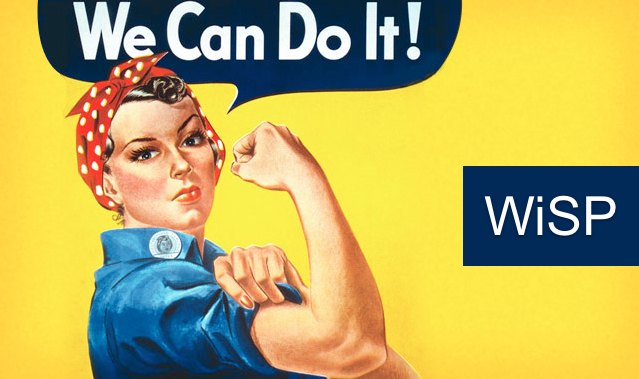 As with many good revolutions, a movement was born. WiSP: WoMen in Sanofi Pasteur
As with many good revolutions, a movement was born. WiSP: WoMen in Sanofi Pasteur
Both men and women have joined the network which currently holds over 2,400 members. It’s already worldwide and is now expanding beyond the corporate network.
I want to end this post with the same quote Céline ends her talk with. I believe it embodies Social Business in a very special way. The quote is from a WiSP member:
How WiSP changed my life.
I’ve realised how much women share specific ways to behave, such as perfectionism, modesty, which prevents us from pushing ourselves forward, a lack of self confidence. I’ve read interesting articles which helped me develop new skills. I’ve discovered inspiring TED videos, Twitter, and very interesting information that is useful in my professional and personal life. I’ve come to meet many great people from other parts of the group that I wouldn’t have met in my daily life. I’ve made new connections and learned from others. It helped me overcome my fears and act.
So, my advice is; develop your skills and network, embrace social media, and above all.., trust yourself.
The video below was shot at EuroComm 2013.
[youtube https://www.youtube.com/watch?v=MJUyzQcdR6M]
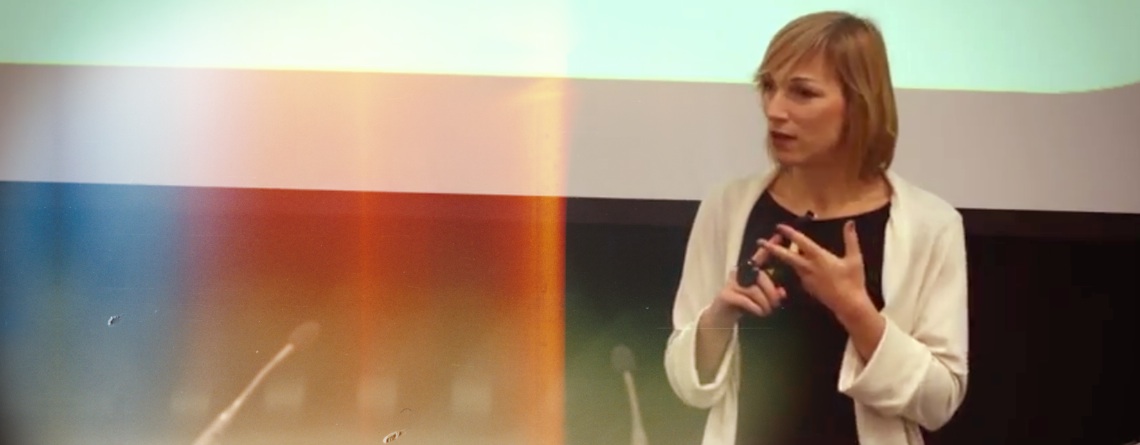
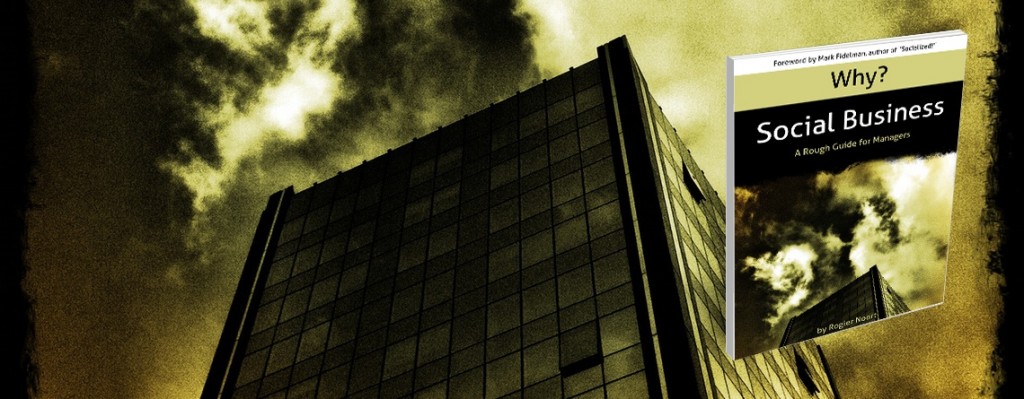 My first real moment where I could name “Social Business” was when I saw
My first real moment where I could name “Social Business” was when I saw 
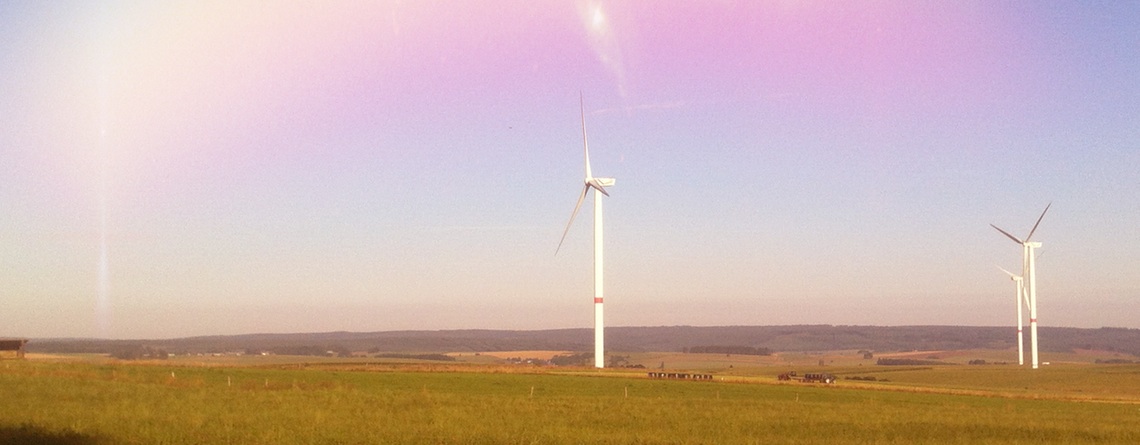
 Social Business is probably the best opportunity we have to create awareness and generate responsibility. People need to live more consciously, more awake. But, we’re missing the point and with that, a golden opportunity.
Social Business is probably the best opportunity we have to create awareness and generate responsibility. People need to live more consciously, more awake. But, we’re missing the point and with that, a golden opportunity.